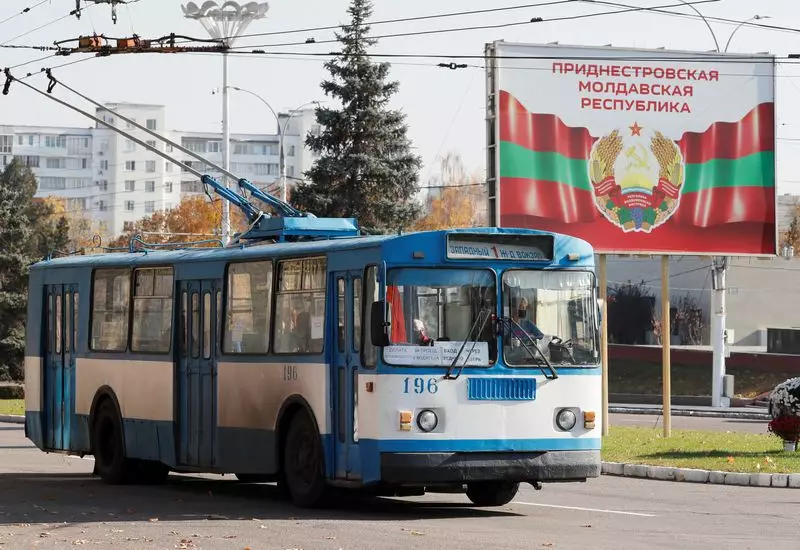The breakaway region of Transdniestria, located along the Moldova-Ukraine border, is grappling with an energy crisis as the result of disrupted Russian gas supplies. The situation escalated after Ukraine opted not to renew its gas transit contract with Russia, leading to an immediate halt in the flow of gas through Ukraine to several European regions on New Year’s Day. As Transdniestria has historically relied on this gas for electricity production, the implications of this cutoff are profound and threaten the stability of both the enclave and the wider Moldovan territory.
Local authorities in Transdniestria have begun implementing rolling blackouts, initially announced to last for three hours in various districts. Self-declared president Vadim Krasnoselsky has indicated that the region possesses gas reserves that could suffice for approximately 10 days of limited usage in the northern regions and potentially double that in the south. However, there is a significant blackout looming, causing uncertainty and anxiety among the residents who depend heavily on electricity. The prospect of extending these blackouts to four hours raises concerns about daily life and communal stability in a region already plagued by economic and political instability.
The energy crisis is not merely a local issue; it is deeply intertwined with the geopolitical landscape of Eastern Europe. Moldova, which gets around 60% of its gas from Romania, faces a dual challenge: sustaining its own energy needs and addressing the cascading effects of the power disruptions in Transdniestria. The enclave houses a major power plant that is crucial for providing low-cost electricity to areas under Moldovan control, thus linking the fates of the two regions. Prime Minister Dorin Recean has acknowledged that Moldova is in a security crisis, suggesting that the stakes are high as it navigates potential solutions involving domestic power production and imports from Romania.
Accusations and Responsibilities
The Russian government defends its position, asserting that it does not use gas supplies as a political tool against Moldova and blames Ukraine for the failure to renew the transit contract. This assertion is contentious, particularly as Moldova contests claims from Gazprom regarding unpaid gas debts, arguing that the actual figure is significantly lower than what Moscow alleges. Such financial disputes could hinder any potential future negotiations related to gas supplies. The conflict illustrates how energy dependencies can serve as leverage points in broader political maneuverings, leaving the affected regions in perilous positions.
As the situation unfolds, it remains imperative for both Transdniestria and Moldova to seek sustainable energy solutions that are less susceptible to geopolitical tensions. Moldova’s potential to diversify its energy sources and reinforce its connections with Romania may hold the key to mitigating some of the immediate challenges. However, given the entrenched political dynamics and historical context of the region, achieving long-term energy resilience will require more than just tactical responses; strategic foresight and regional cooperation will be critical in redefining energy security.

